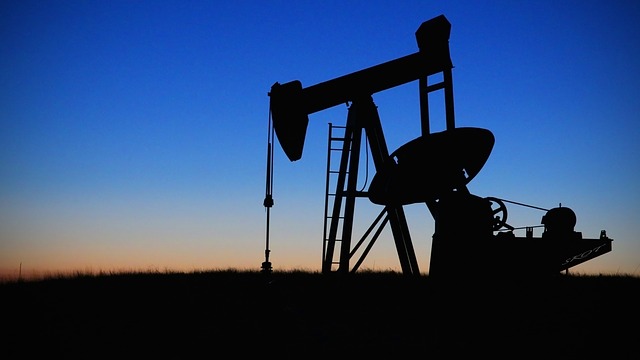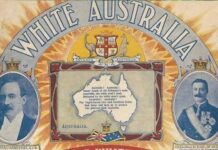 From a young age I was always swayed towards loyalty. To God, to family, to crown, to country. But how much should we be paying for that loyalty?
From a young age I was always swayed towards loyalty. To God, to family, to crown, to country. But how much should we be paying for that loyalty?
Recently I reviewed my utilities bill. I signed up to the company I am now with due to it being well priced, but also Australian owned. In my mind I was doing a good thing. Five years later my rate is more expensive than new customers to the company, and more expensive than many other brands, especially in electricity.
When I finally got off my butt and started shopping around, I found I could be getting rates almost a third cheaper. So being the loyal customer I am, I gave them the opportunity to keep my business.
Aside from not matching the lower rate for new customers, they offered a total bill discount that would still be significantly more expensive than going to another provider. When I commented on moving companies to one that is Chinese owned (not fond of the idea there, however I will get to that a little later) they started pulling the loyalty card, ie, they are Australian owned.
When it comes to services, we shouldn’t be paying for our loyalty! It should be the other way around, where companies do their upmost to keep you and compete with everyone else. The days of paying for over-priced services are done!
Now to my point on having a Chinese owned provider. First of all, the call centre I spoke with was Aussie, and not offshore like my “Australian” company. This made transaction and negotiation super easy. Furthermore, they were charging about 40% less per kWh. That’s a huge difference! Percentage discounts be damned! However, the practice of taking on a cheap Chinese provider has deeper reasons.
Playing the loyalty card doesn’t work anymore, because of the internet and the high level of global competition we have now. In Australia we have the costliest utilities in the world, double that of USA. We also have one of the largest supplies of natural resources per capita in the world.
I will let that sink in for a moment.
We have the amongst the highest levels of resources per capita in the world for power and gas, yet we pay more for them than anyone else in the world.
Here is another one to consider; the wholesale price of LPG for cars in Australia it’s about 20-30 cents. The wholesale price of our LPG sent to japan is 2 cents.
We pay far too much for what is ours. Whether it is due to taxes, lack of competition, misguided loyalty to something you’ve stuck with for years and years, or likely, a combination of all these factors.
So how do we get a fair go? Walk. Forget loyalty to companies, because they are depending on that loyalty to charge through the nose. Or in my case, keep the old pricing and don’t change it to the new cheaper option. If companies and the government see a massive drop in products for Australian providers, there will be a huge shift.
Goverments will be lobbied that their taxes on power are too high and are pricing Australian providers out of the market, due to the large number of customers leaving and going to offshore providers. They will either cut taxes or (most likely) give financial incentives, where the end result will be more cash in your bank account instead of wasted money on utilities.
I only intend to stay with Ching-Chong-Chinaman for two years before I approach an Australian company again to get a better price. It turns out they prefer new customers to old ones, anyway.
If you want to check the difference in your power and gas bills between you current provider and others, there are sites that will take your last bill details and show you price comparisons for all companies available to your property. I recommend you go do it today and you save yourself some money. I have saved about $1200 on power alone now.
Remember: customer loyalty only exists if the company pays you to stay, not the other way around.









